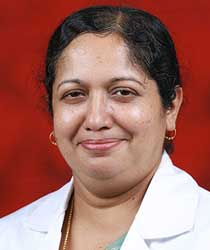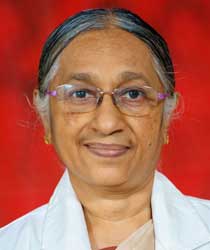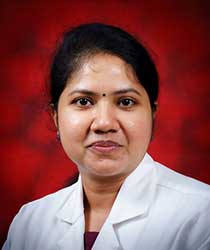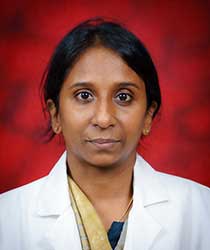MICROBIOLOGY
-
-

-

-

-

-

-

Dr. Ria Catherine Vincent
- Senior Resident (SR)
-
Read more..
Mission and Educational Objectives
The UG program in Microbiology at Believers Church Medical College aims to provide students with a strong foundation in microbiological sciences, emphasizing the diagnosis and management of infectious diseases.
Curriculum
- Comprehensive curriculum covering core microbiological sciences, clinical microbiology, and specialized topics in infectious diseases.
- Integration with other medical disciplines to ensure a comprehensive understanding of infectious disease diagnosis and management.
Clinical Training
- Practical clinical training in microbiology laboratories, infectious disease wards, and outpatient clinics.
- Exposure to a wide range of infectious diseases, including bacterial, viral, fungal, and parasitic infections.
Faculty Expertise
- The department is staffed with experienced and renowned microbiologists who specialize in various fields of medical microbiology.
- Faculty members actively engage in clinical practice, research, and academic activities.
Technology Integration
- Utilization of modern microbiological technology, including advanced diagnostic methods, molecular techniques, and bioinformatics.
- Training in the use of digital tools for microbiological data analysis and evidence-based practice.
Critical Thinking and Problem-Solving
- Emphasis on developing critical thinking skills for effective diagnosis and management of complex infectious disease cases.
- Case-based learning and clinical discussions to enhance problem-solving abilities.
Patient-Centered Care
- Focus on effective communication of microbiological findings to healthcare teams and patients.
- Training in ethical practices and patient confidentiality in microbiological diagnostics and reporting.
Postgraduate (PG) Program
Specialization and Subspecialties
- The PG program in Medical Microbiology offers opportunities for specialization in various subspecialties, including virology, bacteriology, mycology, and parasitology.
- In-depth training in advanced microbiological techniques and interventions.
Research Opportunities
- Encouragement for PG residents to engage in clinical and translational research projects in the field of medical microbiology.
- Collaboration with faculty on ongoing medical research initiatives aimed at understanding and combating infectious diseases.
Faculty Expertise
- Specialized faculty members in various subspecialties providing mentorship and guidance to PG residents.
- Regular academic sessions, journal clubs, and case presentations to enhance knowledge in medical microbiology.
Continuing Medical Education
- Regular participation in national and international medical conferences, workshops, and seminars focused on infectious diseases.
- Staying updated on the latest advancements in microbiological science and diagnostic methodologies.
Teaching and Training
- Involvement in undergraduate medical education, providing teaching and mentorship to UG students in microbiology.
- Training in medical education principles and effective teaching methodologies specific to microbiological sciences.
Patient Care Leadership
- Training in leadership and management skills for effective coordination of microbiological diagnostic services within healthcare settings.
- Involvement in multidisciplinary healthcare teams for comprehensive management of infectious disease patients.






